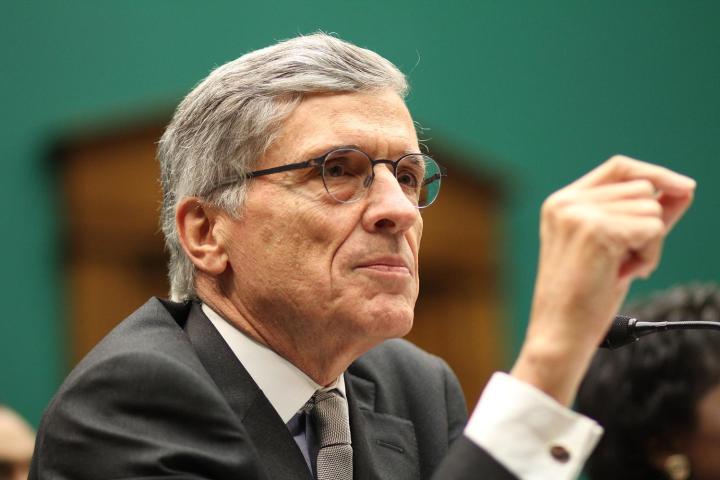
Related: Sprint replaces CEO as T-Mobile merger plans reportedly fall apart
In the statement, Wheeler expressed satisfaction that there will still be four major wireless carriers in the United States. With that said, Wheeler also advised Sprint to use this opportunity to improve its offerings in order to better compete with T-Mobile, AT&T, and Verizon.
“Four national wireless providers are good for American consumers,” said Wheeler. “Sprint now has the opportunity to focus [its] efforts on robust competition.” Sprint’s first big opportunity to do so would likely be next year, when it will have the opportunity to bid on spectrum in the 600MHz band.
While Sprint’s merger with T-Mobile seems like it’s dead, the decision to cancel the deal reportedly has nothing to do with French telecommunications firm Iliad’s $15 billion bid on T-Mobile, though both companies are currently in talks to find a way forward. As for Sprint, it will likely continue to focus on expanding its Spark service for the short term.
Related: Net neutrality is under threat from the FCC: what it is and how we got here
Meanwhile, the FCC already has its hands full with the topic of net neutrality. Recently, President Obama went on the offensive at a summit, saying that his administration doesn’t support the idea of Internet fast lanes, something the FCC proposed back in May.


